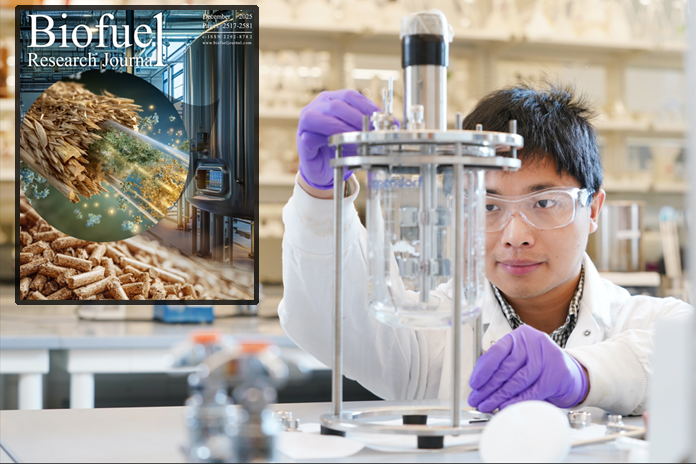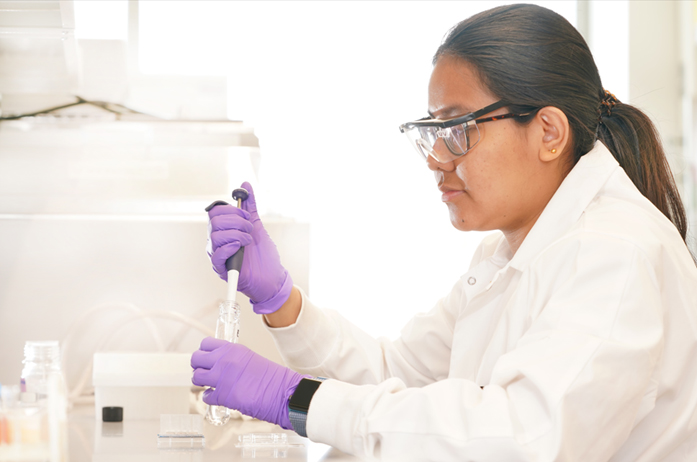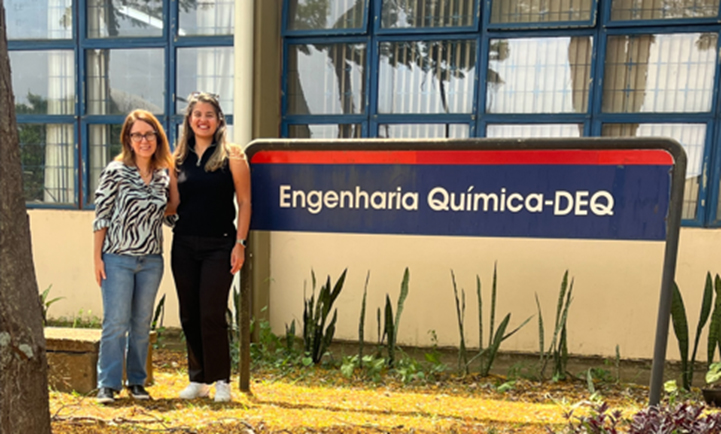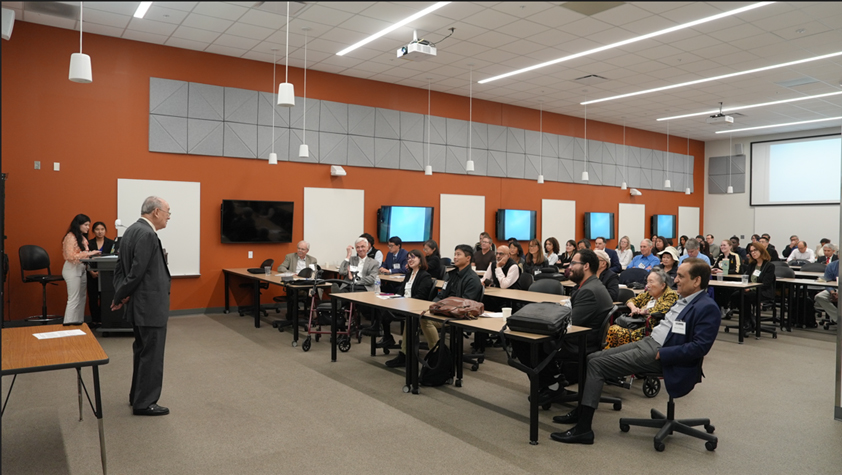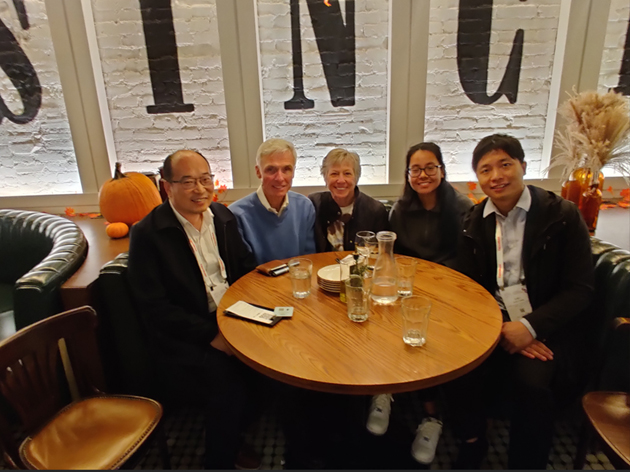LORRE

As Director of the Laboratory of Renewable Resources Engineering (LORRE), I invite you to explore LORRE’s website and learn about our laboratory and our commitment to research, development and education.
LORRE’s multi-disciplinary learning environment merges laboratory research with modeling and predictive analysis. This environment seeks to provide opportunities for students to learn how to use the tools needed for engineering design, and for the development of predictive models, prototypes, and scalable systems. Together we work towards common goals as members of diverse research teams that contribute to translation of our research into practice and work together with LORRE’s industrial, academic and institutional partners.
The outcome of research by our students, faculty, and staff is new knowledge communicated through dissertations, presentations, coursework , publications, and patents. The mission of the Laboratory of Renewable Resources Engineering is to contribute sustainable, low-carbon footprint solutions for energy, bioproducts, health, and biomanufacturing, and - most importantly - to prepare our students to become leaders in research, development, and translation of solutions for the sustainable utilization of renewable resources.
Mike Ladisch, Director
Mission and Vision
LORRE’s vision for the next 47 years has its roots in the ideas of the founding director, George Tsao. Professor Tsao showed how renewable resources could be the ultimate basis of an economy where sustainability is a critical component for economic well-being. Bioproducts derived from lignocellulosic feedstocks and other renewable resources will supplant non-renewable hydrocarbon and other carbon-based sources. These non-renewable sources impact the environment on a global basis, and at a scale and with consequences that were difficult to anticipate 47 years ago. While decarbonization is a global objective, solutions are regional, and depend on localized feedstocks grown through agriculture and silviculture.
LORRE’s mission for the next 47 years will be based on building upon the success of the laboratory over the previous 47 years. The next 47 years will see the growth of sustainable industries that transform renewable resources into a platform of fuels, food, bioproducts, and biomaterials, based on application of biological engineering and biochemical fundamentals that translate science into engineering, and subsequently, engineering for industries that address renewable energy, bioproducts and health.
Our alumni (see stories) and the field of biological engineering encompass a spectrum of engineering, biological, chemical, and agricultural disciplines. LORRE was reinvigorated when the laboratory moved into its new state-of-the-art facilities in 2020. Together with the renewed, general recognition of the importance of renewable resources engineering, the laboratory is positioned for sustained growth.
The Colleges of Agriculture and Engineering at Purdue University, alumni throughout the world, our industry partners and federal / state collaborators proactively support the goals of the Laboratory of Renewable Resources Engineering. Engineers, scientists and research findings from LORRE will facilitate a new era of synergies between biological engineering and renewable resources as they merge into a sustainable future on a global basis.

